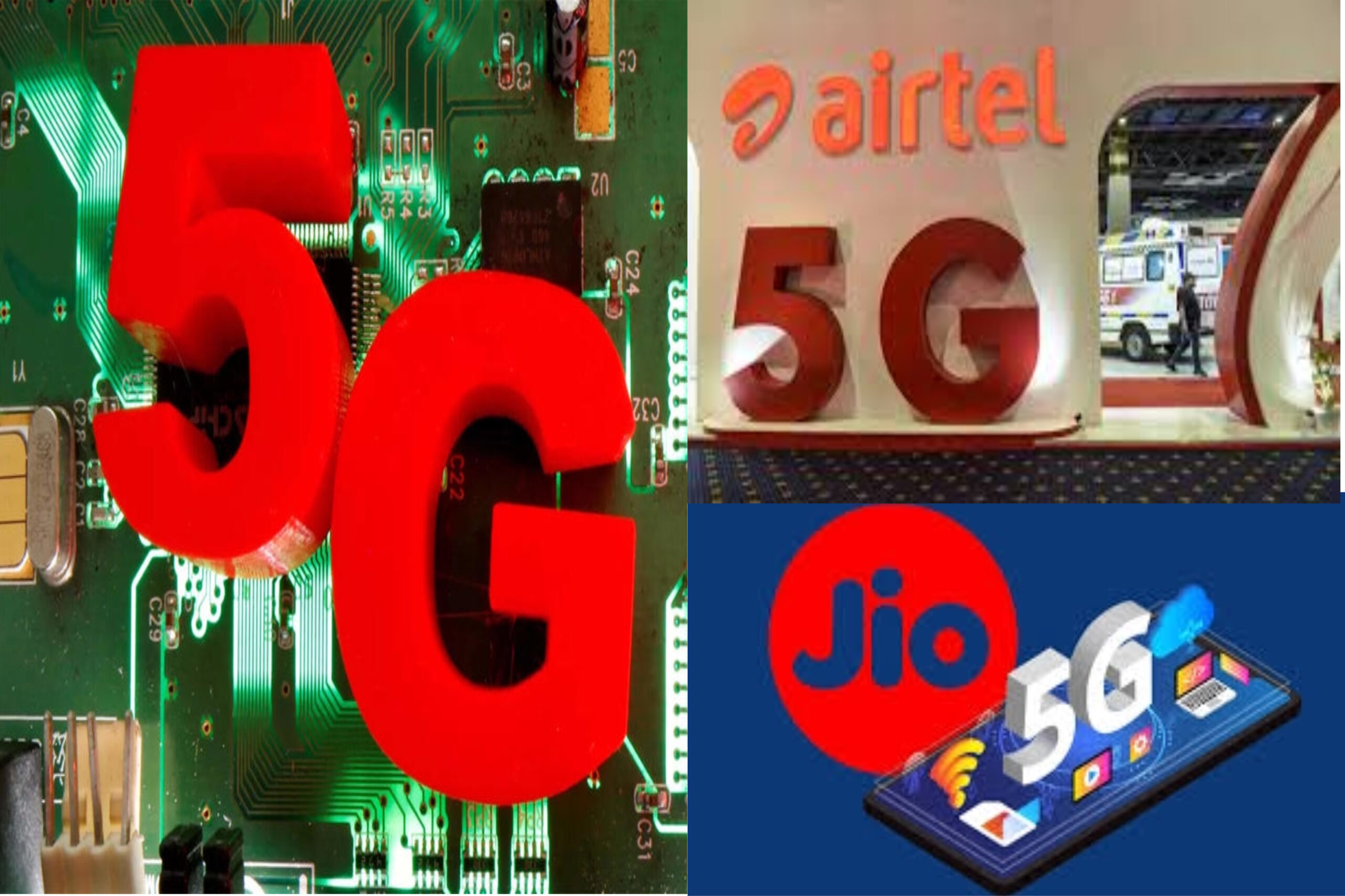The Indian telecom landscape is gearing up for significant changes as industry giants Reliance Jio and Bharti Airtel are contemplating adjustments to their pricing strategies for 5G services. Analysts anticipate a shift from the current model of unlimited 5G data plans for premium customers to a more monetized approach, with potential price increases ranging from 5-10% when compared to existing 4G rates. This transformation is expected to take effect in the second half of 2024.
Over the past year, both Jio and Airtel have enticed users with 5G services offered at 4G rates, coupled with unlimited data plans, as part of an aggressive strategy to encourage users to migrate to the advanced wireless broadband service. However, with the imminent nationwide rollout of 5G and a focus on revenue growth, industry experts foresee a departure from the unlimited data offerings for higher Average Revenue Per User (ARPU) customers.
Jefferies, a global brokerage firm, highlighted in a research note that the telecom operators are likely to discontinue unlimited 5G data plans for premium customers and introduce 5G-specific plans in the latter half of 2024. The absolute price points for these plans are anticipated to be 5-10% higher than existing 4G rates. However, operators may sweeten the deal by bundling 30-40% additional data in these plans to incentivize adoption and gain market share, potentially at the expense of Vodafone Idea (Vi), which is yet to launch 5G services and faces financial challenges.
The move towards monetization and adjusted pricing comes as both Jio and Airtel near the completion of their 5G coverage across the nation. The strategy shift reflects a broader industry trend where telecom companies, after intensive investments in 5G infrastructure and facing higher customer acquisition costs, are looking to enhance their Return on Capital Employed (RoCE).
Airtel’s managing director, Gopal Vittal, had previously stated during an earnings call in November 2023 that the company wasn’t considering charging more for 5G services in the near term. Vittal emphasized the lack of widespread applications utilizing the benefits of 5G technology as a reason for the cautious approach. However, he did express the willingness of Airtel to lead the industry in raising overall mobile tariffs at an opportune time to boost the monthly average revenue per user (ARPU) levels, targeting an increase from the current slightly over ₹200 to around ₹250.
The anticipated 20% increase in mobile tariffs, expected to be implemented in the September quarter of 2024, is seen as a strategic move to improve financial metrics amid the ongoing investments in 5G infrastructure. The increased tariffs would contribute to achieving higher ARPU levels, a key metric for telecom operators, and would play a role in supporting the ambitious plans for 5G expansion.
As the industry gears up for these changes, users may need to prepare for adjustments in their mobile plans, with the potential for higher prices but possibly accompanied by enhanced data offerings. The evolving landscape emphasizes the delicate balance that telecom companies must strike between fostering customer adoption, staying competitive in the market, and ensuring sustainable revenue growth in the era of 5G technology.

